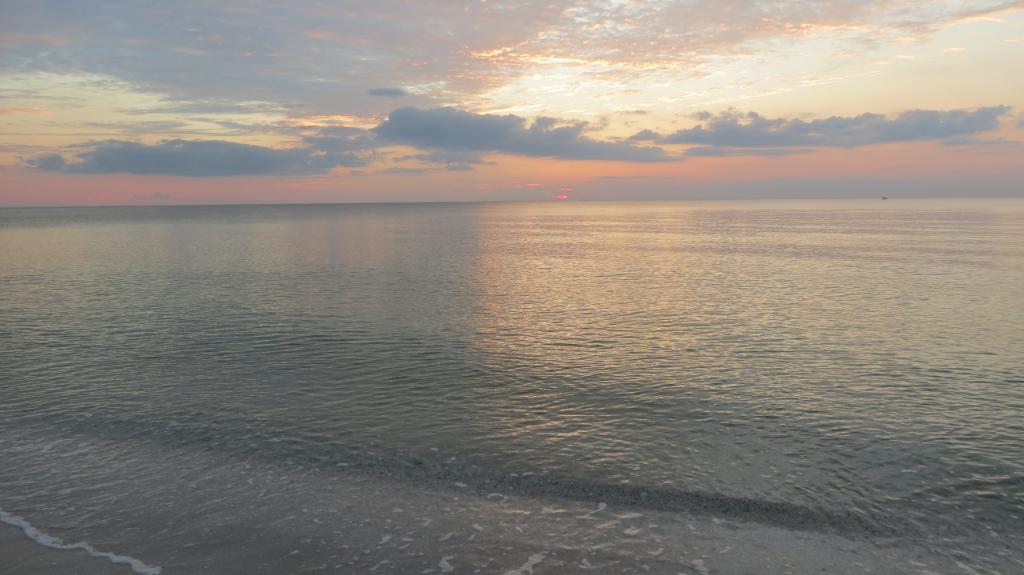Current Water Quality
No data available
This status is based on the latest sample. The Swim Guide - Florida updates the status of this beach as soon as test results become available.
Delnor-Wiggins Pass State Park is sampled Weekly from January 1st to December 31st.
About Delnor-Wiggins Pass State Park
Current Weather
Source Information
The Florida Department of Health (DOH) adopted new water quality criteria January 2016 for the Healthy Beaches program. They reflect the most current recommendations and water quality grant requirements in the 2012 Recreational Water Quality Criteria from the US Environmental Protection Agency. Collier beaches are monitored by the Florida Healthy Beaches Program. Monitoring results are collected bi-weekly on Mondays and results are posted to the Florida Healthy beaches website on Wednesday. Samples are collected year round, however the peak season is from Mid-April to November. Swim Guide checks for the latest information daily, Monday - Friday. The Florida Healthy Beaches Program Categories are: Good = 0-35 Enterococci / 100 mL of marine water; Moderate = 36-70 Enterococci / 100 mL of marine water, and; Poor = 71 or greater Enterococci / 100 mL of marine water. The 2012 Recreational Water Quality Criteria recommends using 70 CFU per 100 mL as the Beach Action Value (BAV) to guide public health advisories. A Single Sample Maximum (SSM) at 70 CFU per 100 ml and a BAV are functionally the same. If the sample result is above the indicated value, the beach is resampled and tested the following day or a beach advisory is issued with the first test result. The Healthy Beaches program no longer uses geometric means to represent recreational water quality data. On Swim Guide a beach is marked Green when it has a Good or Moderate standing meaning the SSM test results show Enterococci counts between 0- 70 cfu (colony forming units) / 100ml. Swim Guide marks a beach Red when it has a Poor standing. This means the SSM test results show Enterococci counts exceeds the BAV of 70 cfu/100ml. These conservative advisories better inform vulnerable people (children, elderly, and the immunocompromised) who have elevated health risks due to water quality at the beach. A beach is marked Grey when no current or reliable monitoring information is available. Please note: Vibrio vulnificus bacteria, also called flesh eating disease, is a naturally occurring bacteria in some of Florida's waters. This bacteria can be lethal, especially when contracted by individuals with compromised immune systems. Concentrations of the bacteria are higher in the mouths of rivers near oceans. The bacteria is most dangerous when ingested in raw seafood but recent deaths are attributed to individuals who have waded in water with broken skin. Beach goers are urged to use caution and consult a physician if you suspect you have come in contact with the bacteria.
Beaches Near This One
SEE All